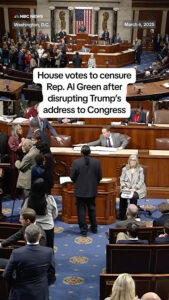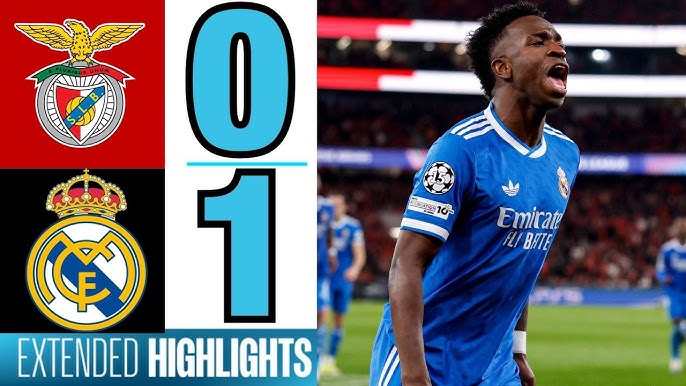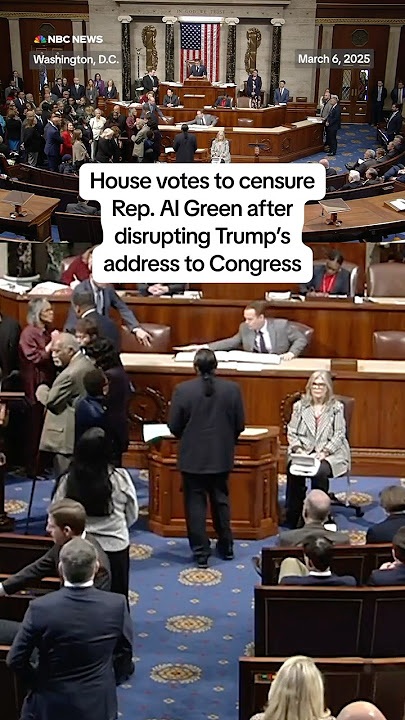Understanding the Collapse of the Dutch Government
The recent collapse of the Dutch government has sent shockwaves throughout the political landscape of the Netherlands. With a coalition that had been in power since January 2021, the decision to dissolve the parliament and call for new elections marks a significant moment in Dutch politics. This blog post aims to delve into the reasons behind this collapse, the implications for the Netherlands, and what the future may hold for its political scene.
The Coalition’s Formation and Challenges
Formed in January 2021, the coalition government comprised four parties, including Prime Minister Mark Rutte’s People’s Party for Freedom and Democracy (VVD). This coalition was initially celebrated for its ambitious plans to address pressing issues such as climate change, healthcare, and the housing crisis. However, as time progressed, various tensions emerged within the coalition, primarily around immigration policy and spending priorities.
According to a detailed analysis provided by The New York Times, these challenges intensified, leading to disagreements that undermined the coalition’s stability. One pivotal area of contention was the government’s approach to immigration and asylum seekers, a topic that has become increasingly divisive across Europe.
The Asylum Policy Crisis
The discord surrounding asylum policy became a focal issue as the number of asylum applications surged. Rutte’s administration proposed stricter regulations, which were met with resistance from coalition partners who prioritized humanitarian obligations. This disagreement highlighted the broader struggle within the government to balance national interests with ethical responsibilities.
As the situation escalated, it became clear that the coalition was unable to present a unified front on this critical issue. Critics argued that the government was failing to effectively manage one of society’s pressing challenges, leading to a loss of public trust. Surveys indicated a growing dissatisfaction among voters, which put additional pressure on the coalition members.
Political Consequences of the Collapse
The dissolution of the parliament has created a ripple effect throughout the Netherlands. Political analysts pointed out that the timing can significantly influence upcoming elections, which are tentatively scheduled for later this year. The collapse presents both opportunities and challenges for political parties, especially for Rutte’s VVD, which has had a significant electoral base.
Furthermore, the political landscape in the Netherlands is characterized by fragmentation, making it increasingly difficult for any single party to secure a majority. As a result, the collapse could lead to an even more complex political scenario post-elections, with multiple parties vying for power and potentially more coalitions forming in the future.
Public Reaction and Future Outlook
The public reaction to the government’s collapse has been mixed. While some citizens express frustration over the political instability, others view this as an opportunity for change. Various factions, including progressive and environmental groups, are beginning to mobilize, seeking to influence the political narrative in upcoming elections.
The future of Dutch politics hinges on how effectively the parties can articulate their positions and resonate with the electorate. Parties that address public concerns, especially regarding climate action and social welfare, may find themselves in a favorable position as voters seek a responsive government.
The Role of AI and Automation in Political Campaigning
In this digital age, the collapse of the Dutch government can also be viewed through the lens of technological advancement, particularly in AI and automation. Political campaigns globally, including those in the Netherlands, increasingly rely on AI-driven strategies to engage constituents more effectively. These strategies are crucial, given the competitive nature of modern politics.
For HR professionals and business leaders, understanding the implications of AI and automation in political campaigning can be vital. Just as organizations leverage technology to improve decision-making and optimize workflows, political entities can use similar strategies to analyze voter data and enhance engagement. This perspective not only underscores the intersection of politics and technology but also highlights opportunities for innovation in business processes.
Conclusion
The collapse of the Dutch government is a pivotal moment in the nation’s political history, raising important questions about leadership, governance, and public trust. As the Netherlands approaches the upcoming elections, the implications of this collapse will continue to unfold, shaping the landscape for years to come. By examining both the political and technological dimensions of this situation, HR professionals and business leaders can gain deeper insights into the evolving dynamics at play in contemporary society.








